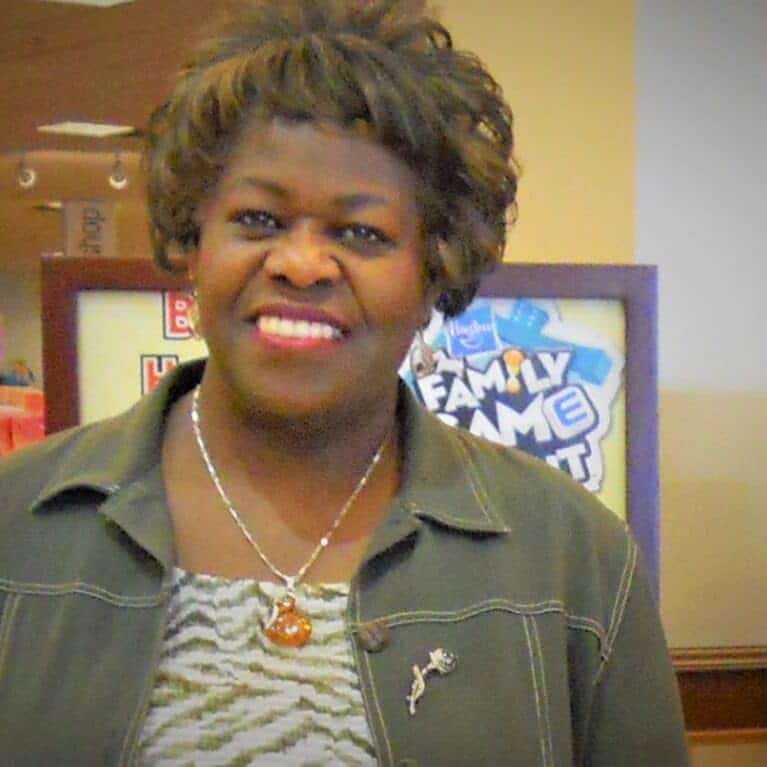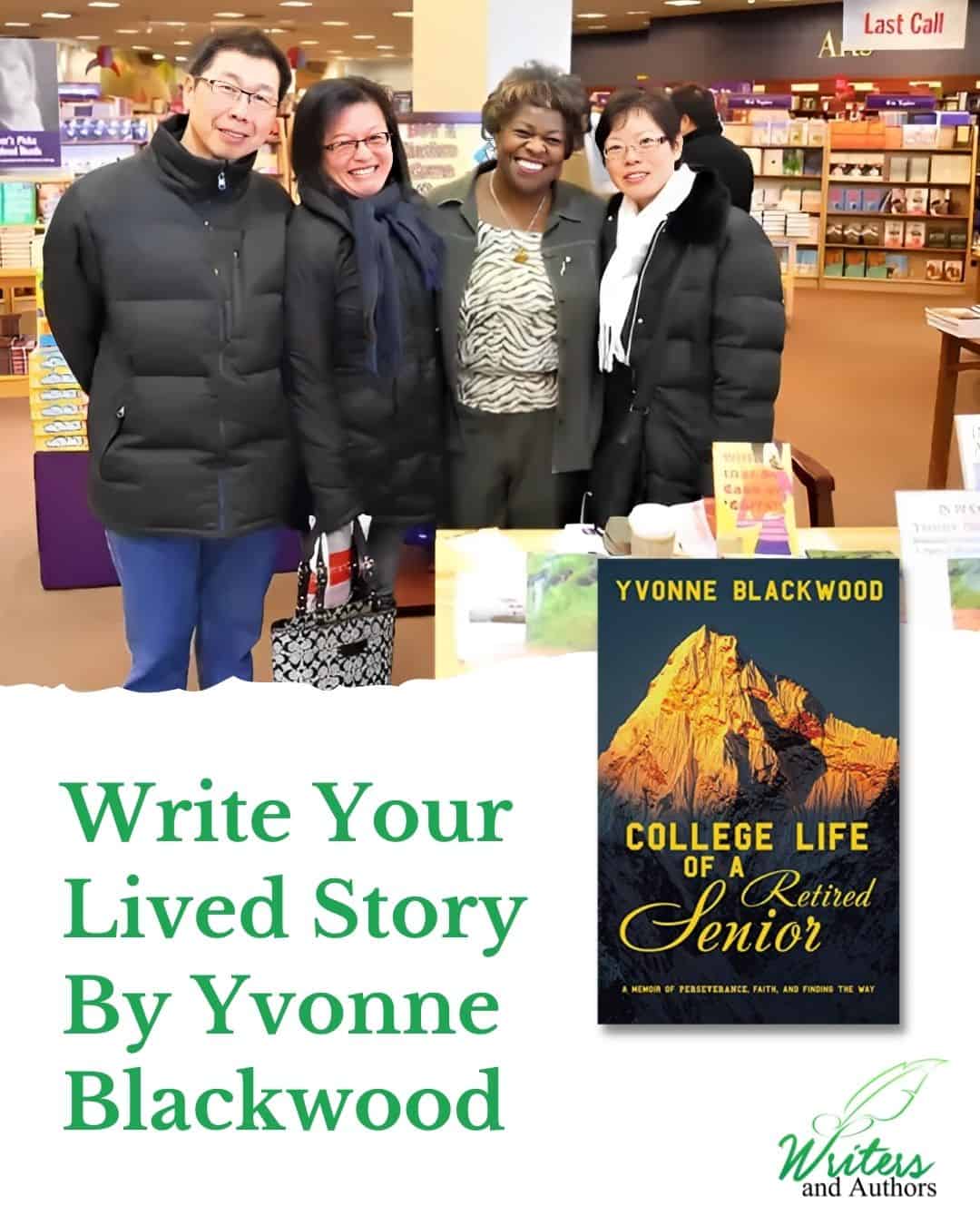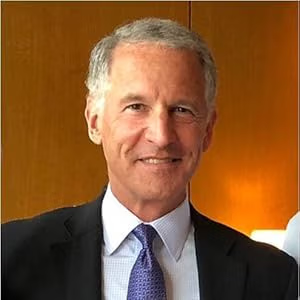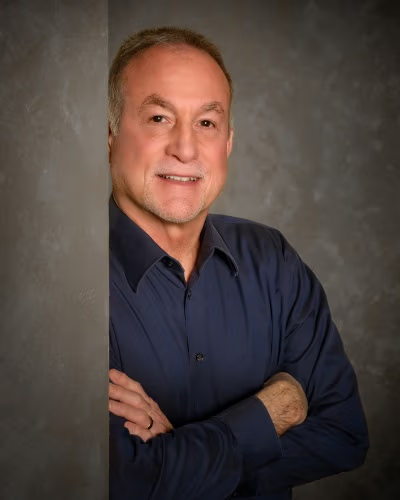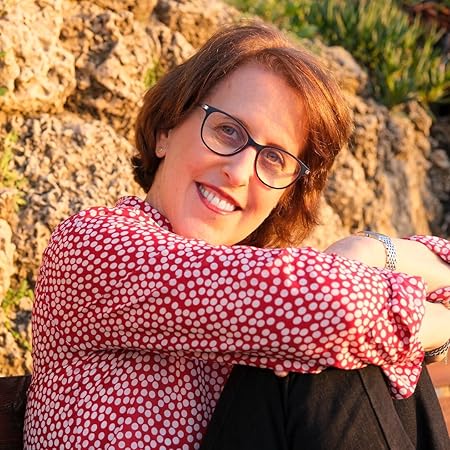The adage that says people come into our lives for a reason and a season is oh-so-true. Influencers sometimes appear like genies without warning or explanation. We must recognize them and decide if we want to follow the path they try to lead us. I believe Olga was one of these genies.
My life was going great when I attended the inaugural meeting of a new writer’s group in my city. Olga and I were the first to arrive. We introduced ourselves and swapped copies of one of our books. I became an author while working full-time but retired seven years after a thirty-seven-year banking career.
At the end of the second group meeting, Olga pulled me aside.
“I finished reading your book and enjoyed the story very much,” she said. “You know what I would do if I were you?”
“What?” I asked abruptly. I detest people who offer advice when not asked for. Besides, she didn’t know me well.
“I suggest you do an English degree at the university. Your English is good, but I have that degree, and it helps me greatly to add texture to my writing. It will do the same for yours.”
I took a deep breath and slowly calmed down. Okay, the advice about texture is good.
I have always felt that my writing was not textured enough, and although I’d tried to improve it with writing courses and reading several books about writing, I had not mastered the art texture.
Why Go Back to School?
As I deliberated on Olga’s suggestion, thoughts of other potential benefits of attending university came to mind. Dementia was ravishing more and more seniors every day. In his book Chasing Life, Dr. Sanjay Gupta quoted from the Alzheimer’s Association: “When you’re sixty-five, there’s a one in ten chance you are affected by writer’s the time you’re over eighty-five, there’s almost a one in two chance you have the disease.” Several researchers concluded that exercising the mind could ward off dementia. I figured that pursuing an English degree could help avert it.
I learned that humans are social beings. Attending university would motivate me to get dressed and leave the house a few days each week to be with people. It would provide a consistent structure for the years of my studies.
The fourth reason was to inspire my two young grandsons. I wanted to show them that you are never too old to learn and to encourage them to aim to attend university after graduating from high school.
I would not renege on a commitment
I set a goal to earn the degree in six years, culminating with a grand seventieth birthday party. Why six years? I had committed to being on four committees, was the head teller at my church, and was the emergency babysitter for my grandsons. I didn’t want to neglect those duties. I also wished to avoid stress and maintain a balanced life.
Unexpected hurdles appeared
My studies became a steep mountain climb as I tried to reach its summit and stumbled upon obstacles, including two strikes, one lasting 143 days; the COVID-19 pandemic; hard-to-connect-with millennials; and the topmost one—a diagnosis of sarcoma cancer. I was hellbent on earning the degree and stayed the course because of my faith in God and strong support from family members, church family, and amazing friends.
Striving for better
The International Olympic Committee’s (IOC) motto is “Faster, Higher, Stronger.” These are the goals of Olympians. I did not aim for superlatives; however, I never wanted to be a mediocre student. My goal was to obtain the minimum of a B.
I had nine credits remaining to earn my degree when I received a call from a radiologist to report to the hospital for five weeks of radiation treatment, five days per week.
“I’m doing a course at university, and I don’t want to withdraw from it. Will I be okay to continue my studies while receiving radiation treatments?” I asked.
Radiation will not affect your brain,” he said. We both laughed. “You can continue your studies.”
Hospital room classroom.
Six weeks after radiation treatments ended, I underwent surgery to remove the sarcoma tumours from my right thigh. I could not walk unaided, and spent two months in a rehab hospital. I continued my studies, and every day nurses pushed me in a wheelchair to the tall, broad windows at the front of the room. They brought me my over-the-bed table, notebook, laptop and pens. There I sat, zooming into the lectures for my final course and doing all my assignments. The nurses dubbed me “The student patient”.
Hard work pays off
During my study years, the university awarded me the continuing education scholarship in 2017, 2018, and 2019. The Golden Key International Honour Society invited me to become a member. It offers membership only to high-achieving university students in the top 15 percent of their programs. I was flattered to the tenth degree.
I am ecstatic that I took on the challenge and climbed the mountain. College Life of a Retired Senior tells my story of perseverance, faith, and finding the way. I hope it inspires and motivates readers, especially retirees, to return to school and do courses, even a degree, or pursue goals you dreamed about but never followed up. Do not allow age to deter you. Go for it!
Meet the Author
Yvonne Blackwood is the author of four adult non-fiction books, Into Africa: A Personal Journey, Will That Be Cash or Cuffs? Into Africa: the Return, and College Life of a Retired Senior: A Memoir of Perseverance, Faith, and Finding the Way. She has also published three children’s picture books: Nosey Charlie Comes to Town, Nosey Charlie Goes to Court, and Nosey Charlie Chokes on a Wiener. An award-winning short-story writer, Blackwood has contributed stories to several anthologies, including Human Kindness, Canadian Voices, and Wordscape. She has published articles in magazines including More of Our Canada, Adelaide, InTouch, and Green Prints and has written columns for the Toronto Star, Pride Newspaper, and The African Connection.

